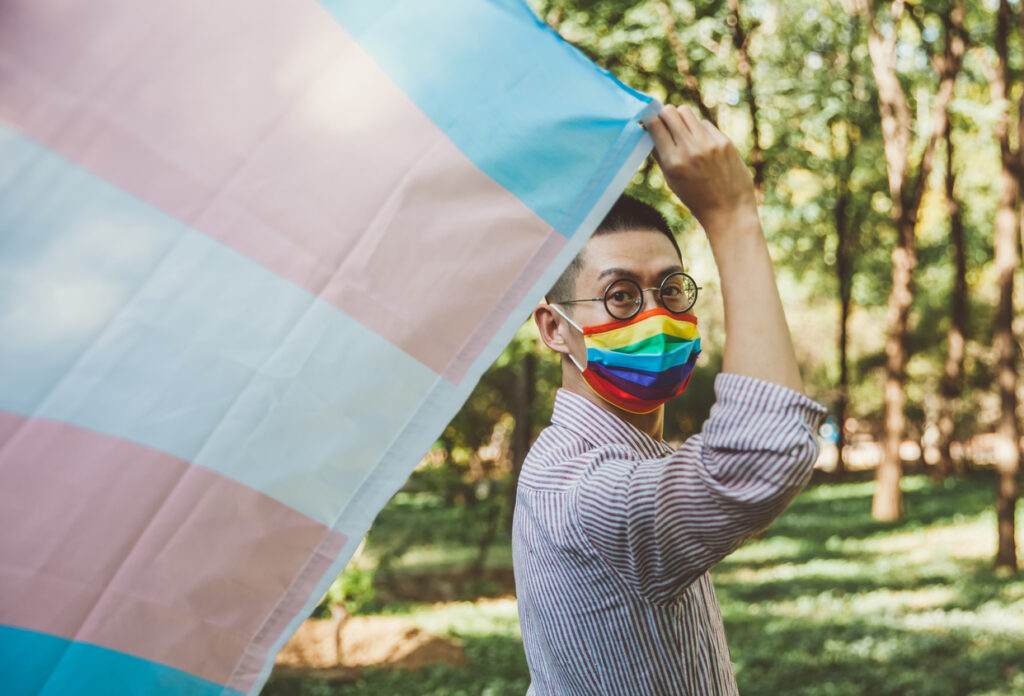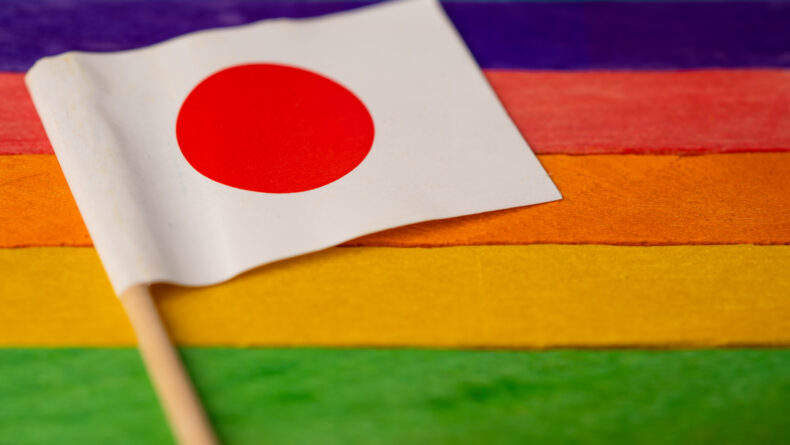4 Japanese Laws That Need to Be Amended for LGBTQ+ Rights
A Primer On The Laws Impacting Japan’s LGBTQ Community
With several high-profile cases concerning LGBTQ rights in recent years, it can be hard to stay up-to-date. Join us for a glance at the laws in Japan that affect the lives of LGBTQ people.
When it comes to Japanese laws related to LGBTQ rights, Japan is often criticized by the international community. Take a look at these recent reports:
- The 2023 Human Rights Watch report on Japan notes the continuing lack of non-discrimination laws regarding sexual orientation and gender identity and no recognition of same-sex marriages by the national government.
- Amnesty International’s 2023 report adds that a new law in 2023 fell short of providing concrete protections for LGBTQ groups.
Despite these realities, these groups and others have taken up the fight for equality:
- J-ALL: an advocacy group that proposes new policies. It lobbies the government for positive change in the lives of LGBTQ people.
- Stonewall Japan: an organization that organizes events for Japan’s international LGBTQ community and provides social and mental health resources.
We’ve made an overview of the legal challenges that LGBTQ people face living in Japan. Keep reading for a list of four laws that stall the possibility of real, positive change.
Same-Sex Marriages Aren’t Legally Recognized
 © Photo by iStock: imemei
© Photo by iStock: imemeiAmong the criticisms made against the Japanese government, the 2023 Human Rights Watch lists the lack of legal same-sex marriages in Japan.
The Problems
- A foreign national in a same-sex relationship with a Japanese citizen cannot receive a visa on the basis of their relationship in the way a heterosexual couple can.
- No law exists that allows or prohibits hospital visitation rights for same-sex couples. Individual hospitals can refuse visitation because these couples aren’t legally family.
- There are plenty of other problems related to social insurance, taxes, inheritance and parental rights.
Challenges To The Law
In March 2024, the Tokyo District Court ruled that the government’s position on same-sex marriage violates the second clause of Article 24 which guarantees “individual dignity and the essential equality of the sexes.” The Sapporo High Court also declared that the Civil Code and Family Register Act don’t consider same-sex marriages as unconstitutional. Thus, any prohibition violates Articles 14 (equality under the law) and 24.
Over half of Japan’s prefectures recognize same-sex marriages by issuing special certificates. These allow limited access to rights enjoyed by heterosexual couples. However, these certificates are not legally binding, and they can be refused by persons and organizations in positions of power.
Transgender Rights
 © Photo by iStock: Chalffy
© Photo by iStock: ChalffyAt the end of 2023, transgender people in Japan scored a victory when the Supreme Court ruled that forced sterilization for those seeking to transition is unconstitutional. However, the country’s current laws on changing genders lie in the 2004 Gender Identity Disorder Special Cases Act. The requirement of sterilization was only one of several problematic requirements outlined.
The Problem
- Gender transition surgery is still required for those who wish to change genders. This is an expensive procedure with a lengthy waitlist and is not desired by all who want to transition.
- People looking to transition cannot be married at the time of changing genders. This is because the marriage would become a same-sex one, which is not legally recognized in Japan.
- It is illegal to transition when you have children under the age of 18. This requirement can postpone the transition for years.
Challenges To The Law
The Supreme Court decision comes with an increasing awareness of transgender issues. According to a poll conducted with local government officials, almost all respondents stated that they would have no issue working alongside a transgender coworker. In the same study, about 70% reported that gender changes without surgery were not a problem. Several ongoing cases are challenging the need for gender transition surgeries. Some observers think that this requirement may be the next to be axed.
Only Married Heterosexual Partners Have Access To Assisted Reproductive Technologies (ART)
 © Photo by iStock: Amonsak Sriwilai
© Photo by iStock: Amonsak SriwilaiThe first baby born via ART in Japan was in 1983 through in-vitro fertilization (IVF). Since then, Japan has increasingly been dealing with low birth rates. Assisted reproductive technology use has been on the rise, and Japan is now the world’s largest user. The Japanese government has been covering ART under the national health insurance plan as of April 2022.
The Problem
- Only married heterosexual couples have access to ART in Japan. This leaves out single women and same-sex couples.
- While some same-sex couples leave the country to use ART, they are not necessarily guaranteed to have access to medical support back in Japan as the law doesn’t allow it.
Challenges To The Law
Although there has been some news in recent years about pregnant queer women being refused health care, there seems to be no real movement on the issue. Kodomap, an LGTBQ advocacy group, petitioned the government and declared that all women, regardless of marital status or sexuality, should have the right to maternal care.
Japan Lacks Any Anti-LGBTQ+ Discrimination Laws
 © Photo by iStock: electravk
© Photo by iStock: electravkAmong G7 nations, which includes Canada, the US, France, Germany, Italy, and the UK, Japan is the only one without an anti-LGBTQ discrimination law. Under intense international and domestic scrutiny for the lack of legal protections, the Japanese government discussed a new bill calling for LGBTQ rights the day before the start of the May 2023 G7 summit. Ultimately, the bill passed the following month.
Despite the “Act on Promoting Public Understanding of Diversity in Sexual Orientation and Gender Identity” being a milestone step in the right direction for LGBTQ rights, the bill was significantly weakened during discussions leading to few practical improvements.
The Problem
- While the original bill declared clearly that discrimination based on gender identity and sexuality would “not be tolerated,” the final version instead reads, “unjust discrimination” is not permitted.
- Advocates argue that the change in wording not only doesn’t change the status quo but opens up avenues of legal discrimination where it didn’t previously exist.
- Although the new law aims to promote a greater understanding of LGBTQ people in Japanese society, it offers no legal protections against discrimination.
Challenges To The Law
The lead-up to the G7 summit was the last big push to advance positive change. At the moment, no significant cases are putting the question of discrimination in the spotlight. But, we’ve already mentioned several cases about same-sex marriage and transgender rights that have ended in (minor) victories and other ones still in the courts. Because all broadly deal with forms of discrimination, there could always be a shift in momentum towards anti-LGBTQ discrimination legislation in the future.
With public opinion in Japan shifting towards greater inclusion and rights on a variety of LGBTQ issues, advocates and allies must continue to pressure the government for the possibility of change moving forward.
Are there any Japanese laws or issues related to LGBTQ that are close to your heart? Spread the word in the comments below!
















Leave a Reply